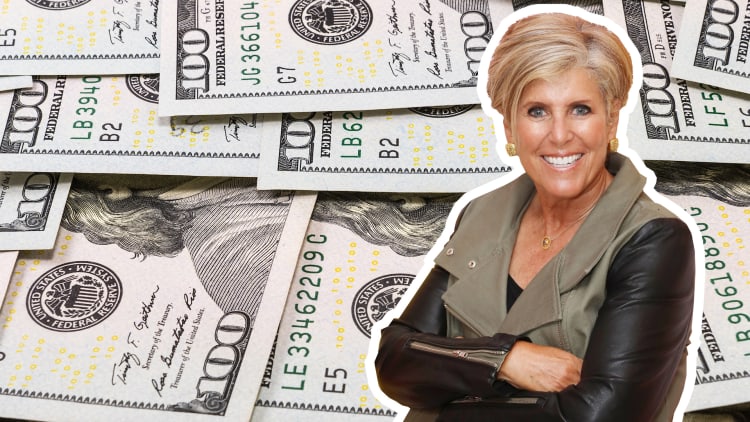If you want to save for retirement, an employer-sponsored 401(k) plan is a good place to start. Consistently putting money into one could even make you a millionaire: The number of Fidelity 401(k) accounts with a balance of $1 million or more hit a record of 168,000 in 2018, up 41 percent from 2017.
Yet many 401(k) users could be losing out on hundreds each year, and thousands of dollars or more over time by not taking full advantage of an employer match.
It's the first thing that comes to mind for Eric Roberge, a CFP and founder of Beyond Your Hammock, when asked what he sees as the biggest mistake people make when saving for retirement.
"My first response is not receiving the employer's matching contribution," he tells CNBC Make It. "If you have a 401(k) at work and you choose to open a Roth IRA, and your employer's willing to give you 100 percent of the first 5 percent that you put in your 401(k), you're missing out on free money."
Here's what he means: When companies offer a 401(k) match, they agree to kick in whatever contribution you make up to a certain amount, so if your employer offers a 5 percent match and you contribute 5 percent of your salary, the equivalent of 10 percent of your salary goes into the tax-advantaged account.
Yet one in five people don't contribute enough to get the full match, according to data from benefits administrator Alight Solutions. Fidelity came to the same conclusion in 2017.

Another way to look at the match is as though you're receiving a raise. But you'll only see your employer's money if you pledge some of your own first.
Almost 75 percent of companies across all industries offer some kind of match, Aimee DeCamillo, head of T. Rowe Price Retirement Plan Services, told the Washington Post in 2017. The paper notes that companies have been increasing their matches over time because they help with employee retention and "boost morale."
If your company doesn't offer a match, don't sweat it: Other retirement savings vehicles can be useful tools as well. Both Roth IRAs and traditional IRAs offer tax benefits and should be considered as part of a diversified savings plan. You can read up on the differences between various retirement accounts here.
Another mistake Roberge sees people make when saving for retirement is trying to get too complex too fast. "If you don't have a lot of investment knowledge, don't try to be a stock picker or try to build a bunch of mutual funds into your portfolio," he says.
As your investments and your salary grow, you could begin to consider other investments, but an employer-sponsored 401(k) plan, if you have one, is a good place to start, he says: "You can diversify later on, but until you get more money saved, it's not really of concern."
You can read up on more basics of investing here. And don't be afraid to talk to a trusted financial advisor if you get overwhelmed.
For now, focus on getting your free money.
Like this story? Subscribe to CNBC Make It on YouTube!
Don't miss: Tax refunds are up from last year—here are 4 ways you can get more money back




